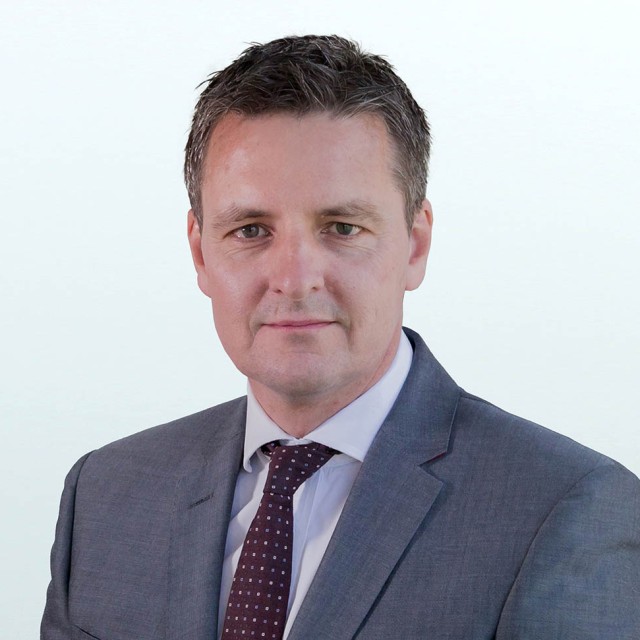The interesting judgment of Master Fontaine (sitting in retirement) in the case of Mehmood v Mayor [2024] EWHC 1057 (KB) has added to the recent jurisprudence concerning allegations of fundamental dishonesty in serious injury cases.
The claimant was 46 years old and had suffered a significant brain injury in a road traffic collision on 10 January 2019. Prior to the accident he ran and worked in a restaurant and takeaway. Primary liability was admitted and the case proceeded on the issues of contributory negligence and quantum. The defendant filed an amended defence disputing the assertion of lack of capacity as well as pleading fundamental dishonesty under Section 57 of the CJCA 2015. It was the defendant’s case that, if the plea of fundamental dishonesty was made out, the catastrophic injury claim could be defeated in its entirety.
The application before Master Fontaine was to approve a previous voluntary interim payment of £10,000 and to make a further interim payment of £75,000.
The court was required to consider the application pursuant to the provisions of CPR 25.7 and the well-established principles set out in Cobham Hire Services v Eeles [2019] EWCA Civ 204. In a high value case, the claimant can normally be confident of succeeding on an application where insurance is in place, primary liability is established and if the case proceeds to trial there would be an order for a substantial amount of money. The court would ordinarily approach the application under the first limb of Cobham i.e. to aggregate the likely award for pain and suffering, past losses and accommodation, and award a proportion of such a sum (which can be a high amount). The exercise is carried out on a conservative basis.
General damages for pain and suffering alone were said to exceed £200,000 and therefore there would normally have been no difficulty for Master Fontaine in approving the previous interim payment and ordering the additional £75,000 sought. However here the defendant argued that the court could not be confident that the claimant would recover a substantial sum of money because, if he was found to have been fundamentally dishonest, there may have been no money awarded at all. They relied upon CPR 25.7(4) that states, “The court must not order an interim payment of more than a reasonable proportion of the likely amount of the final judgment.”
Mr Hunjan KC on behalf of the claimant submitted that there was a good explanation for the surveillance footage disclosed by the defendant that showed the claimant working at the restaurant. He argued that the footage showed the claimant carrying out mundane tasks such as taking orders and payment from customers whereas prior to the accident he was in charge of administration of the business.
All of the Part 35 experts had reviewed the surveillance evidence and Master Fontaine summarised their comments relevant to the defendant’s allegations of dishonesty.
There was disagreement between the neuropsychologists (Dr Ford for the claimant and Professor Powell for the defendant). Professor Powell said that the surveillance evidence was “grossly inconsistent” with presentation at interview. In relation to neuropsychiatric evidence the claimant relied upon Dr Lohawala and the defendant Dr Isaac. Dr Isaac expressed concerns regarding the honesty of the claimant and considered that he had made a good recovery and was able to return to work. In relation to neurological evidence the claimant relied upon Dr Cockerell and the defendant Dr Heaney. Dr Heaney similarly expressed concerns regarding honesty and concluded that a good recovery had been made.
Mr Hunjan KC made submissions in relation to the absence of a witness statement by the defendant in response to the application. However, Master Fontaine said that the defendant had adduced such evidence which was fully dealt with in the amended defence and documents served for the purpose of the application.
Master Fontaine dismissed the application for interim payment and approval of the previous voluntary interim payment on the basis that the Section 57 defence of fundamental dishonesty remained a live issue for trial and could not be properly adjudicated upon at an interlocutory stage. He found that he could not confidently be satisfied that if the matter proceeded to trial the claimant would obtain judgment for a substantial amount of money.


The service you deliver is integral to the success of your business. With the right technology, we can help you to heighten your customer experience, improve underwriting performance, and streamline processes.